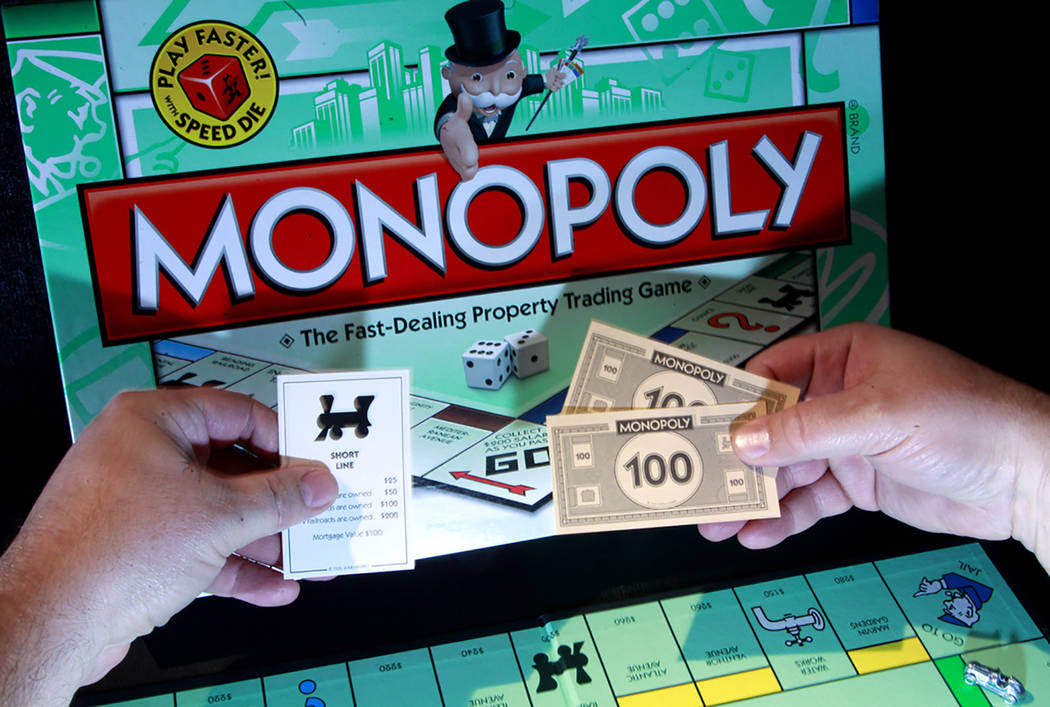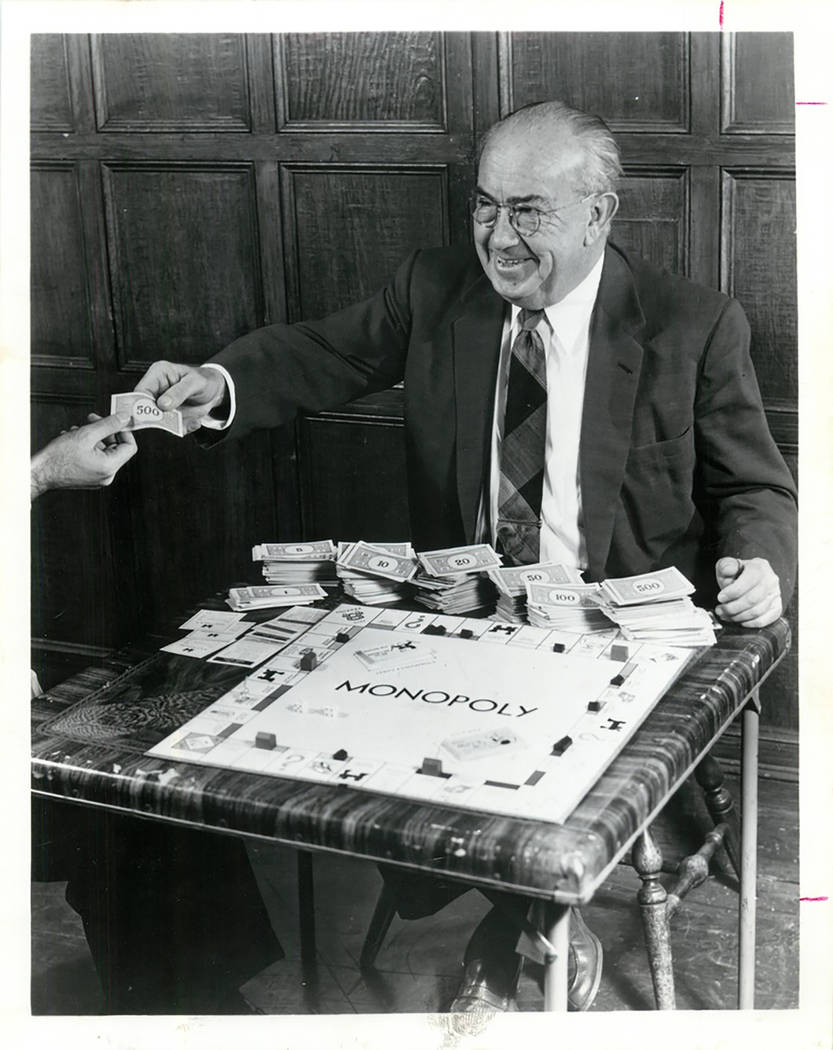In Summerlin, ex-Parker Brothers VP talks board game history
Phil Orbanes was 8 when he played Monopoly for the first time. He was spending the night with an uncle who invited the family over to play.
“I was so impressed,” said Orbanes, 71, of Gloucester, Massachusetts. “There was money, houses, deeds — things I associated with being an adult. When I played the next day, I was really galvanized because it was the first activity I’d ever engaged in where I held my own around people I considered very competent adults.”
His interest evolved into a career; Orbanes was the senior vice president of research and development at Parker Brothers from 1979-90. Parker Brothers produced the game for years after buying a version of developed by Charles B. Darrow.
On Jan. 19, Orbanes led a presentation for a small crowd at the Centennial Hills Library about the history of Parker Brothers, detailing its origins in Salem, Massachusetts, and its global rise in popularity.
“I know personally that games are important for development,” said 50-year old Glenda Gutierrez of North Las Vegas. “For children and even for adults, it’s our stress reliever. The way games are evolving digitally now are just in line with the times. We want all the effects now and board games are probably more generational, but everyone knows Monopoly, even young kids.”
Gutierrez said she, like others at the Jan. 19 presentation, attended to learn about the history of board games.
“My mom was born in the Philippines,” Gutierrez added, “and they used to tie strings to bugs and race them. It’s amazing how much things have evolved. That was fun to them. That was a part of their development, their joy; that’s what games are about.”
Orbanes has created simulation games based on historical events, allowing players to change the course of history. He ran a company while attending college, preparing him for the position with Parker Brothers — an American toy and game manufacturer that also was behind board games like Sorry!, Ouija and Aggravation. It was acquired by Hasbro in 1991.
“Board games teach you how to interrelate with people,” Orbanes said. “They are flourishing to this day because that skill is not inherent in online games or hand-held games, because you’re not dealing face to face with other people. You don’t have the full repertoire of sensory input. If I’m playing a game and you’re across the board, I know so much about you that I would otherwise never know.”
The presentation marked Orbaines’ first time presenting outside the East Coast, he said.
“It’s fun to be able to share my knowledge,” he said. “I’ve never been obsessive about it. I’m very fortunate to have had the chance to be in this industry.”
Contact Mia Sims at msims@
























